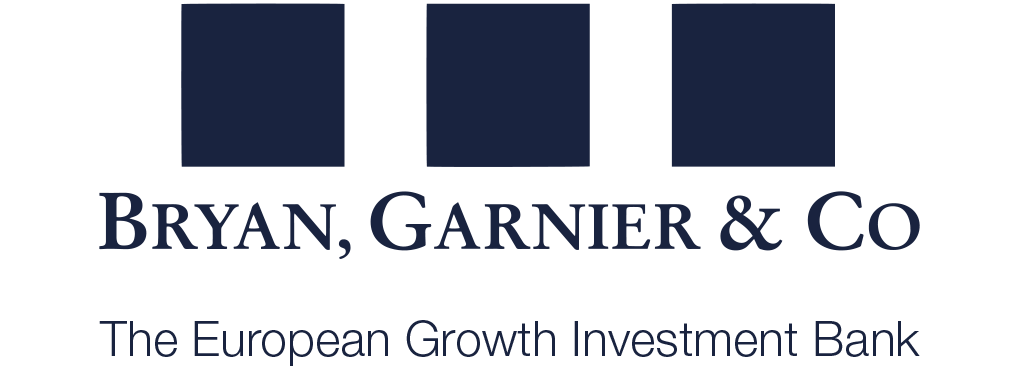About Bryan, Garnier & Co
Bryan, Garnier & Co is a European growth investment bank that helps healthcare and technology companies become global champions. By combining extensive sector expertise with an entrepreneurial mindset, Bryan Garnier provides companies and their investors with independent growth strategic advice, and privileged access to buyers and capital in Europe, the US and Asia.
As a full-service investment bank, the firm offering includes private and public growth financing solutions, mergers and acquisitions (M&A) advisory, research insights, and institutional sales & execution. Founded in 1996, Bryan Garnier & Co is an independent partnership with around 200 employees located in major financial centres in Europe and the US.
